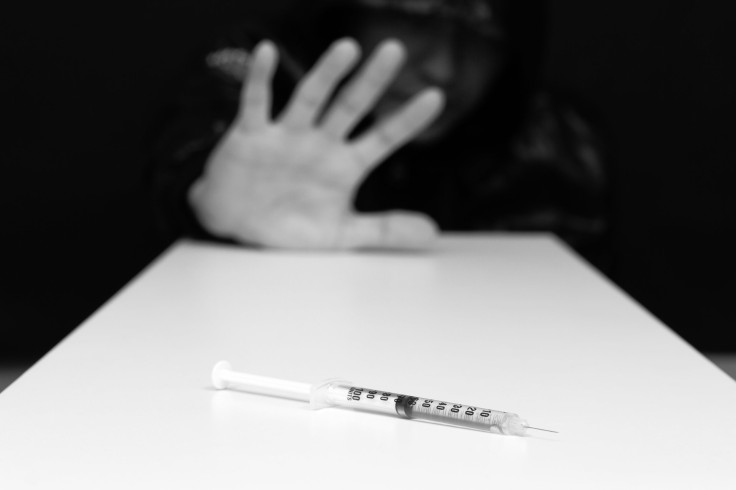Opioid Addicts Offered Methadone Treatment In Prison Much More Likely To Seek Out Drug Abuse Treatment Once They're Released

The measure of a society's fairness is often said to be found in how they treat the least sympathetic of their lot. In the United States, there are few groups less sympathetic than our prisoners and drug addicts, especially when they’re one and the same. And according to a new study in The Lancet, we’re measuring up vastly short in the fairness department, at least when it comes to providing the best medical care to those who enter our jails with addiction. The study found that prisoners who continue preexisting methadone treatment in jail are much more likely to resume drug rehabilitation after their release than those who are weaned off methadone. Unfortunately, as the authors note, most of the country’s jails currently adhere to the latter practice.
The largest randomized trial of its kind, the authors studied 223 volunteers from the Rhode Island Department of Corrections who had been enrolled in methadone maintenance therapy (MMT) prior to their sentence. Each volunteer was meant to stay in prison for no more than six months, with half of them being assigned to continuous MMT, while the other half followed the standard — in Rhode Island — protocol of being given decreasing doses of methadone until they were off it entirely. Methadone is a synthetic opioid whose daily use is advocated as a method to cope with the intensive symptoms of craving and withdrawal from other more addictive opioids like heroin and morphine.
The authors then measured how participants fared in continuing to obtain MMT within a month after release from jail, finding that the continuous MMT group almost always resumed treatment compared to the phased MMT group (96 percent to 78 percent respectively). This difference was even more stark when accounting for those in the phased MMT group who were released while they were still on methadone. “Participants who received methadone up until their day of release were nearly seven times more likely than those not receiving methadone to get methadone treatment after their release,” the authors concluded. Similar benefits were found when calculating the medical costs between the groups, the authors noting the increased risk of death for many in the few first weeks after release from jail.
The study’s findings, while not itself conclusive on the long-term effects of continuous MMT in jail, is bolstered by a lengthy base of evidence showing that providing prisoners with MMT reduces further drug abuse and the risk of reincarceration, along with other dangerous, often criminal, behaviors. In particular, people who have stopped abusing opioids might resume use without accounting for their reduced tolerance, resulting in an overdose. Yet, as the authors repeatedly explain, the U.S. remains one of the few developed countries to refuse this medical service, with most states, unlike Rhode Island, choosing to deny methadone to people as soon they enter the prison system.
That reluctance not only harms those on methadone, but frightens away addicts who could otherwise be helped. "For most of these people, the very reason they are caught up in the criminal justice system is related to their addiction to begin with," lead author Dr. Josiah Rich, professor of medicine and epidemiology at Brown University and director of the Center for Prisoner Health and Human Rights at The Miriam Hospital, said in a press release. Rich notes that people facing addiction often turn away from methadone programs out of the very real fear that it will be taken away from them should they be arrested.
Though there are various causes for this treatment gap in our jails, Rich believes it is largely a matter of complacency, "I suspect that the main reason is because that is how it has always been done, rather than any conscious effort to avoid treating too many people for addiction for fear of public backlash," Rich told Medical Daily, "I also suspect some may think, erroneously, that there is no longer a need for treatment behind bars. And, of course there is the expense and hassle of treatment."
The authors acknowledge that it will be a uphill climb to push more states to enact a more humanitarian approach to drug addiction among its jailed, though Rhode Island has recently agreed to lengthen the amount of MMT from one to six weeks after incarceration before they start phasing it out. But it is also an essential climb, they explain. “Although evidence-based health care in correctional settings is hampered by logistical and political obstacles, these can be addressed through strong leadership, training, and education for health and custodial staff, and attention to safety and security issues,” they wrote.
Source: Rich J, McKenzie M, Larney S, et al. Methadone continuation versus forced withdrawal on incarceration in a combined US prison and jail: a randomised, open-label trial. The Lancet. 2015.



























